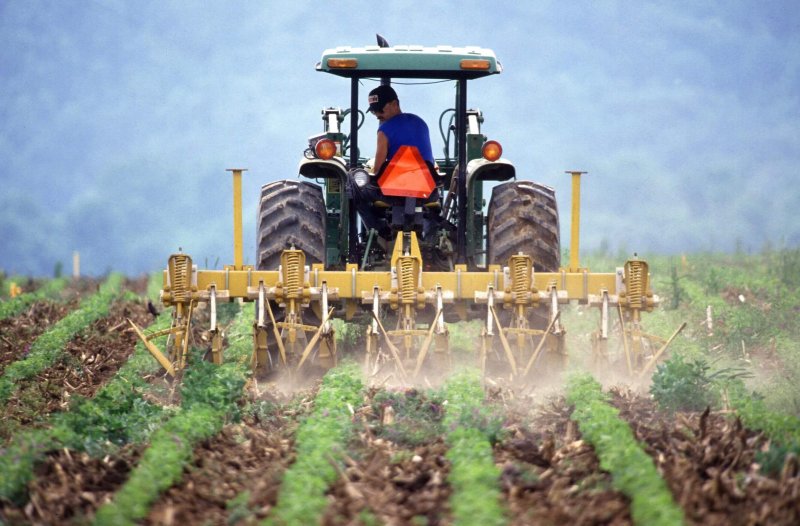[Editor’s note: Pedro Vigneau is president of the Argentine Association of Producers in Direct Sowing (Aapresid), a farmers organization in Argentina.]
Those of us involved in farming know, better than most, the impact that climate change will have on our society. Therefore, we are more conscious of these effects than most.
…
In order to practice Conservation Agriculture, and achieve the environmental and climatic benefits it entails, we eliminate all plowing of our fields. In order to clear weeds from the field, we require the limited use of effective and efficient herbicides, in particular, glyphosate.
The current discussion on glyphosate in Europe seems, however, to be in complete contradiction to the efforts of the EU in terms of climate change. Why would a group of countries so determined to meet the Paris Agreement targets, take away an essential tool for their farmers to play their part in achieving this? If glyphosate is banned, every farmer practicing Conservation Agriculture, or reduced tillage, will be forced to return to deep plowing of the soil, releasing millions of tonnes of CO2 into the atmosphere and producing greater emissions by driving tractors and plows through fields repeatedly.
It is astounding that it is often the same people that wish to see action on climate change, that are calling for a ban on glyphosate.
…
I hope that the governments across the EU wake up and realize that banning glyphosate will be like shooting themselves in the foot.
Read full, original post: The paradox of banning glyphosate and battling climate change































